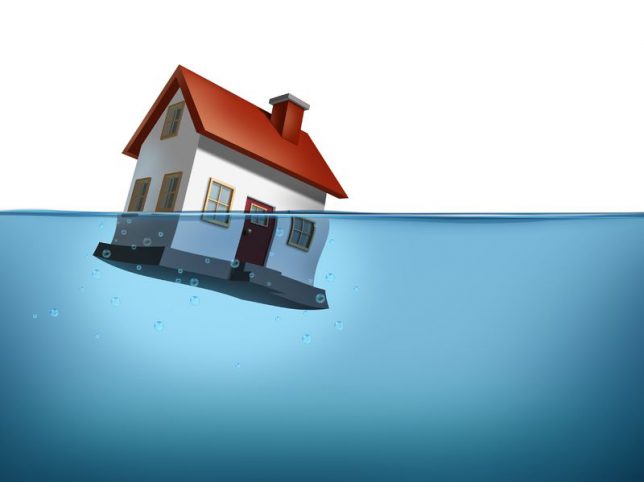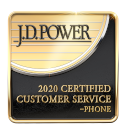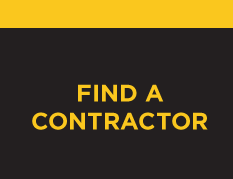
Disaster Survival Tips
A home disaster can include fires or floods that strike suddenly, overwhelming unfortunate homeowners. If you’ve suffered a disaster that damaged your home, the first thing to do is determine whether it’s safe to stay in your home while repairs are taking place.
Here’s what to consider when making that decision, and what steps to take should you decide to leave.
Safety First During a Home Disaster
Even though your first instinct might be to stay in your home, you may not have any choice but to leave. That’s because certain unsafe conditions can threaten your health and even your life if you stay.
First, although the disaster is behind you, there could be hidden structural damage in your home. Even if some rooms appear to be unaffected, it’s a must to make absolutely certain that your roof, walls, and flooring haven’t been compromised. It can take days for some damaged support structures to finally fail, and you don’t want to be in your home if that happens.
Secondly, consider the serious health implications of mold and smoke. According to the CDC, the dangers of mold range from asthma and hay fever (due to allergies) to what’s called “farmer’s lung”, and disease. After a flood, mold starts to grow immediately, posing a health concern to you and your family.
And after a fire, it’s unsafe to breathe the air around smoke-damaged areas. Everything from upholstery and window coverings to your clothing can harbor foul smoke odors that are not only unpleasant but can do damage to your lungs. Even the fire-retardant chemicals used by fire fighters pose a health concern.
Arranging Accommodations During a Home Disaster
If you plan to leave home, it’s worth checking with your insurance company right away to see if it will cover the cost of an apartment rental or an extended-stay hotel. Keep in mind that temporarily relocating may seem inconvenient or expensive, but it may save your life or help you avoid serious health issues down the line.
Keep Good Records of All Repairs
You’ll likely incur quite a few expenses in the aftermath of a home disaster. You should keep every receipt, no matter how small, including those you think may not be covered by insurance. By the time you reach the end of the repair and claims processes, you’re likely to be surprised at what your coverage includes.
What To Do Before You Leave Your Property During a Disaster
If you’ve made the choice to leave and find temporary shelter, here’s a handy checklist of things to do before you go:
• Secure your property: Unplug all electrical appliances and equipment, lock doors and windows, or — if the damage warrants it — board up your home.
• Relocate important documents, such a titles to cars and property, to a safe place.
• Gather valuables and irreplaceable personal items and take them with you or ask a trusted friend or family member to store them temporarily.
• Contact local law enforcement and ask them to check on your unoccupied home from time to time while you’re gone.
Finding a qualified restoration contractor.
Did you know that only qualified restoration or repair contractors (“mitigation contractors”) should be allowed to operate in damaged or contaminated areas? Now that you’ve moved to safety, the most important next step is finding the right contractor so you can get your home back to a habitable state.
It can’t be overstated: When you’ve had a home disaster, you must work with contractors who are not only specialists in their fields, but also properly licensed and insured. To save time and trouble, use Contractor Connection’s free matching service — just enter your ZIP code above and you’ll be matched with a prequalified contractor in your area who has the experience and credentials to manage your home’s repairs and restoration.
Categories: Fire Damage Repair, General Contractors, Storm Damage Repair, Water Damage Repair

